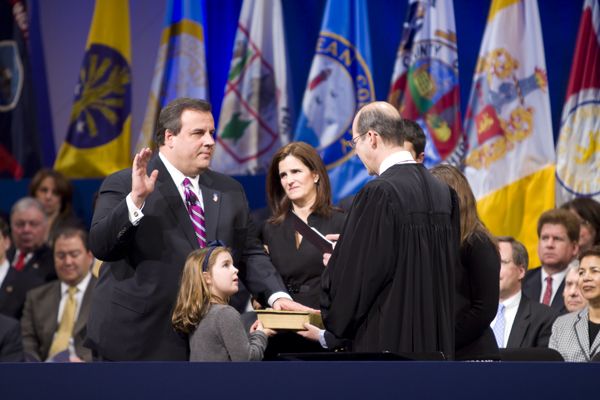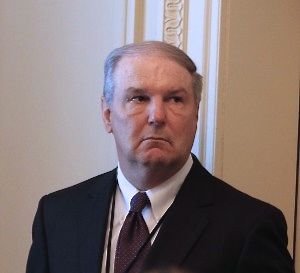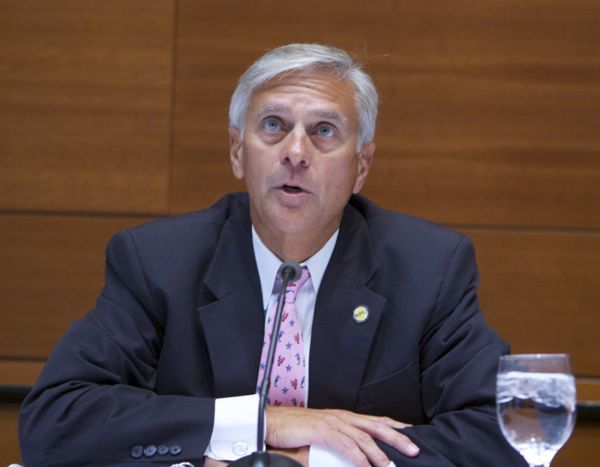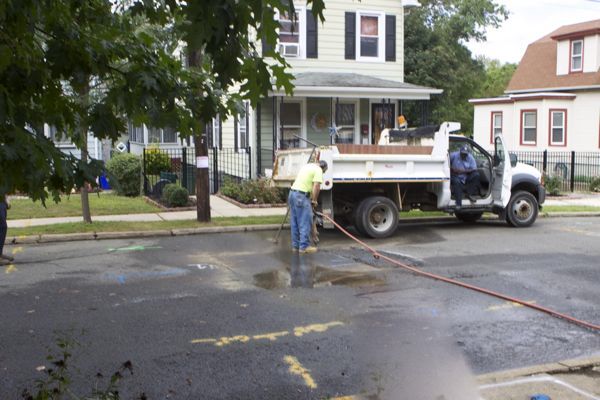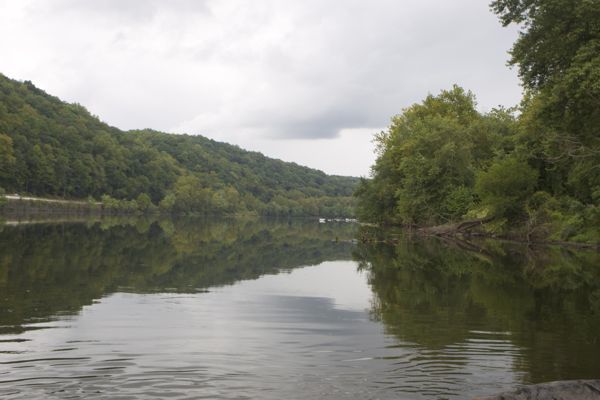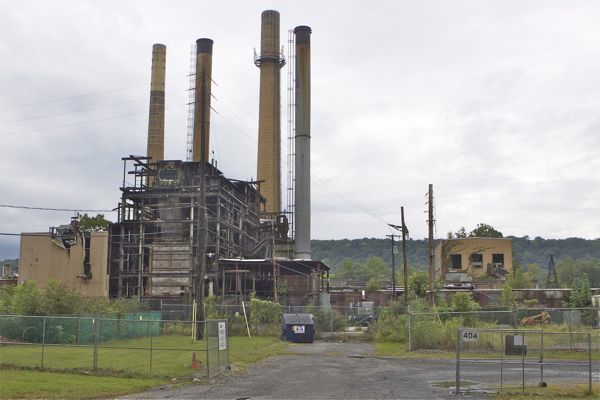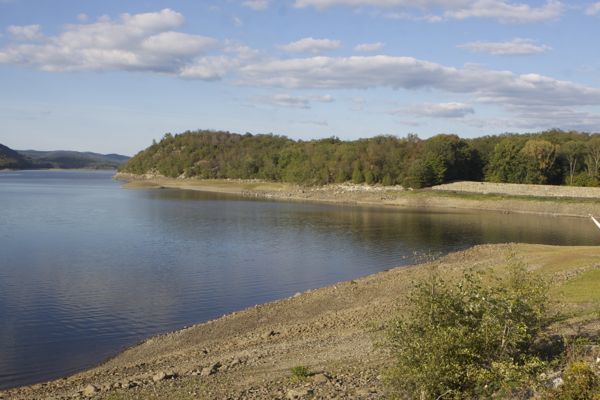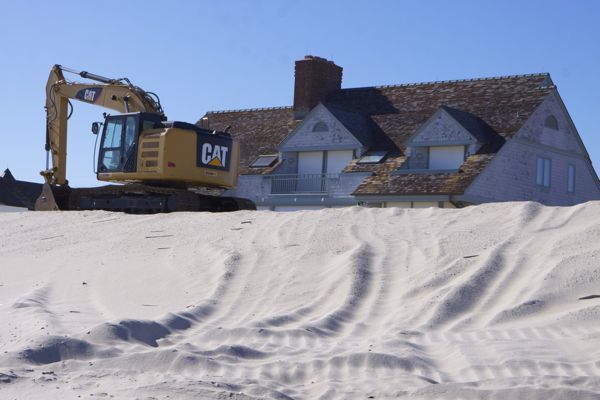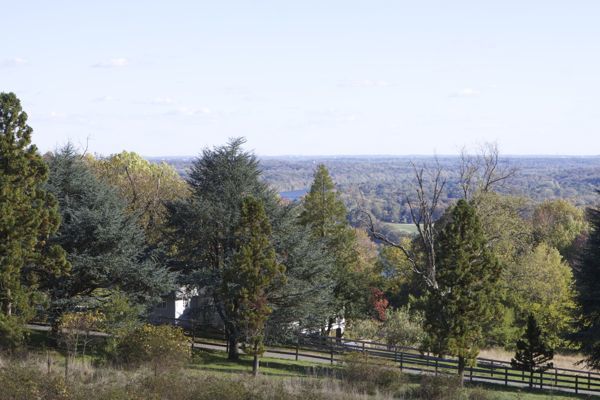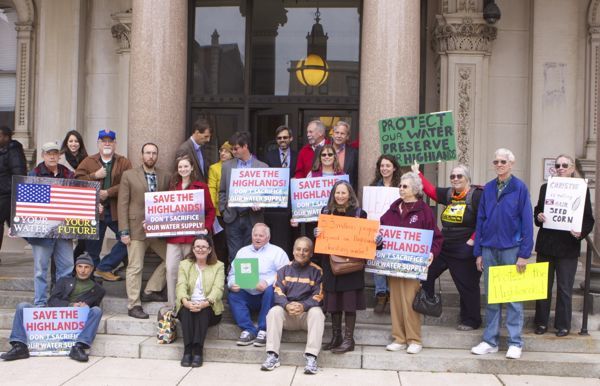Christie Energy Plan Attracts Another Huge Fossil Fracked Fueled Power Plant
This explains the mad rush to expand pipelines and power lines
Fossil infrastructure locks us into climate chaos
[Update: 2/1/16 – Good news! Project cancelled – great work people!
- Firm drops plans for $1 B NJ power plant in Hillsborough ~~~ end update]
The Christie Administration’s Energy Master Plan’s policies to promote the expansion of gas pipeline and power plant capacity has attracted another huge fossil fueled power plant, this one proposed for some of the last remaining rural lands of Hillsborough.
That Christie policy has spurred a mad rush to expand pipelines and build new power plants, with virtually no effort to plan for the actual energy needs of the state or consider climate change and the need to phase out fossil power and rapidly transform to renewable energy sources.
The “Amwell Energy Center” is proposed for a 423 acre heavily forested tract on the edge of suburbanizing Hillsborough (see above).
The power plant would be comprised of 3 “combined cycle” “combustion turbine generators” – it is not clear how much power generation capacity is planned, but the company claims the plant would serve 700,000 households, so I assume it would be large, 800 – 900 MW or more.
The developer is Genesis Power, LLC (these greedhead bastards are getting Biblical now?) – a quick Google of Genesis shows that they build power plants that PSEG then buys (see recent PSEG purchase of the 750-megawatt plant in Brandywine, Maryland).
If this plant is allowed to be built, it will lock us into fossil infrastructure for another 40 years – that’s catastrophic for climate, or else we will pay huge costs of a bailout as a “stranded investment” in the upcoming carbon constrained future.
The plant would divert investment capital from and undermine the economic feasibility of more environmentally sound clean renewable energy.
It must not be built.
Although Christie’s former corporate energy lobbyist at BPU President and energy consultant now serving as DEP Commissioner likely have given the green light on BPU and DEP approvals, at this point it looks like the company is early in the regulatory process and has begun the DEP land use permit process.
According to the Mayor:
“It is my understanding that a prospective developer, Genesis Power, LLC, wishes to construct a project in Hillsborough Township. Some residents may have received a letter concerning this company seeking wetland delineation from the NJ DEP.
The plant would need DEP land use, water, and air quality permits, so activists must put this project on a growing list and begin to intervene in the DEP regulatory review process as well as generate grassroots opposition.
Perhaps this time- in contrast to current efforts – renewable energy, pipeline, fracking, bomb train, offshore drilling, LNG, and climate activists can connect the dots and join forces to educate, organize, and mobilize the public – including direct action – and focus opposition on holding Christie DEP accountable.
The Company certainly has connected the dots between pipelines, power lines and DEP permits and approvals.
According to the Company’s FAQ:
Why was this site selected?
The site is the intersection of three existing Texas Eastern interstate gas pipelines and multiple 500-kV electric transmission lines. … The site provides direct access to the natural gas supply needed to run Amwell Energy Center and existing transmission lines, which will be utilized to transmit electricity into the regional power grid. Connection to both of these important infrastructure features can be accomplished within the boundaries of the site.
And perhaps citizens, local governments and the “sustainability crowd” will re-examine Master Plans and zoning ordinances – because it is very difficult to understand how this land could possibly be zoned “industrial” and thereby allow this proposal to emerge.
What is Sustainable NJ thinking here?
The project – Sustainable Hillsborough – is the most recent step in Hillsborough’s long-range effort to maintain and enhance its quality of life. It builds upon the steps that Hillsborough has already taken to promote sustainable development and environmental stewardship by adopting a long-term, strategic planning process that sets goals for the future, indicators to track progress, and actions for each goal that are tailored for all of the major community stakeholders in Hillsborough, including municipal government, citizens, businesses, schools, and partner/civic organizations.
Once again, we see sham slogans like “corporate stewardship” and “conservation” and “Sustainable NJ” provide cover for clearly unsustainable and unhealthy policies and practices.
[End note: Readers interested in the historical development of these sham, slogans, can read this paper, perhaps the most extensive and shameful pile of bullshit ever.]

